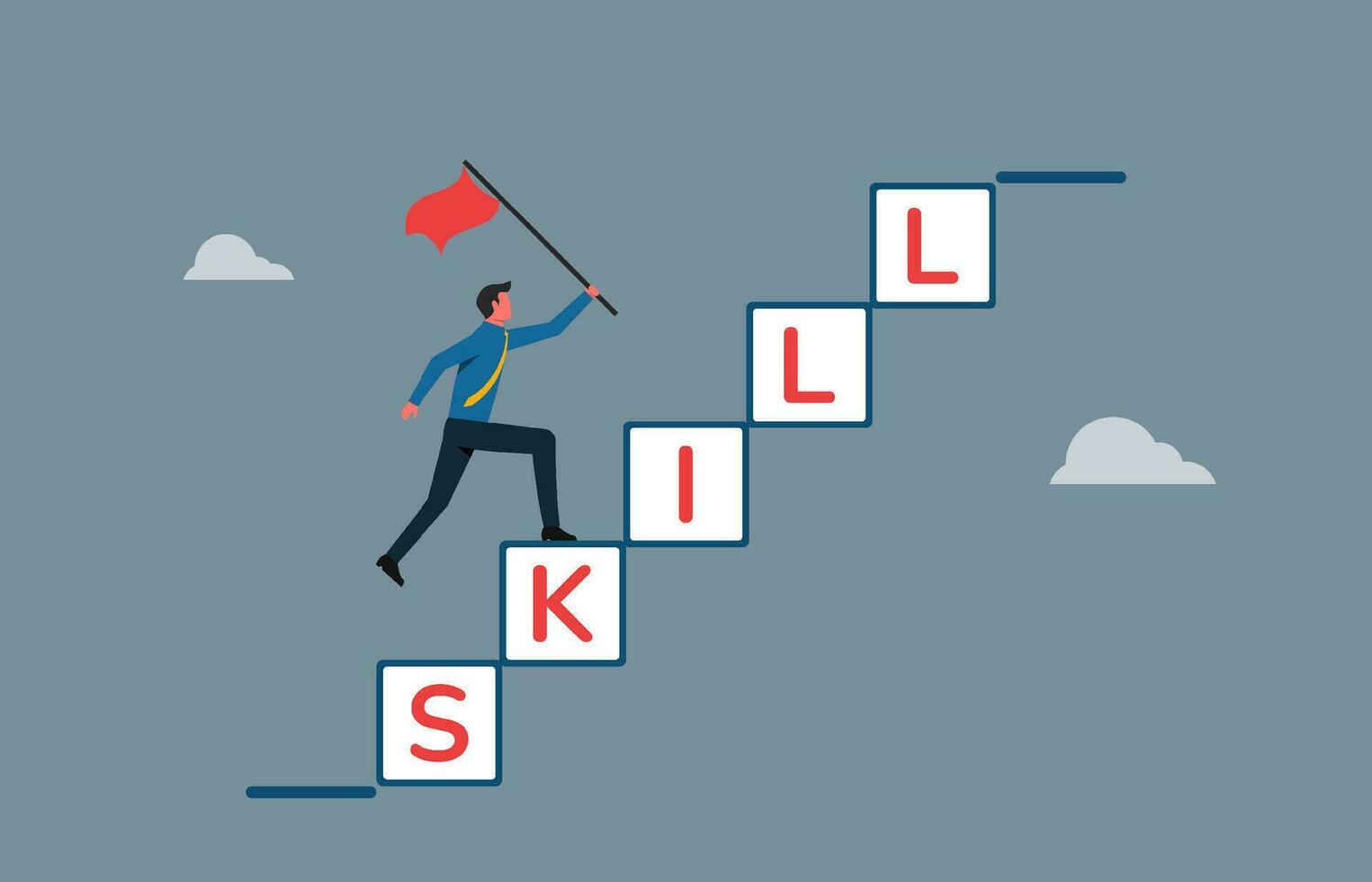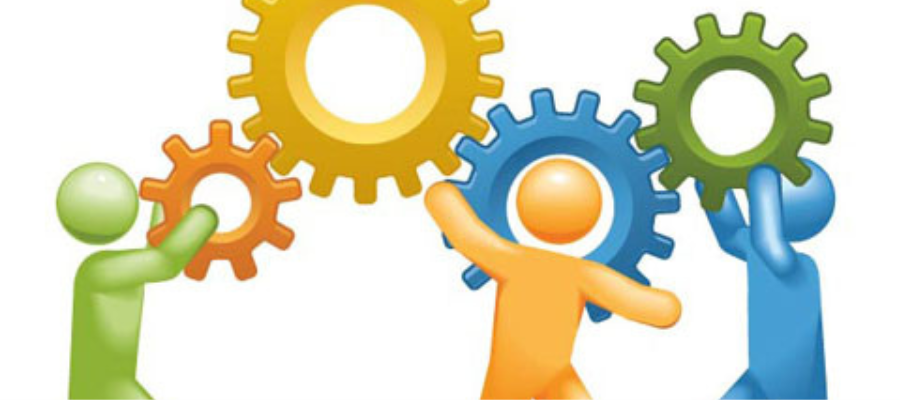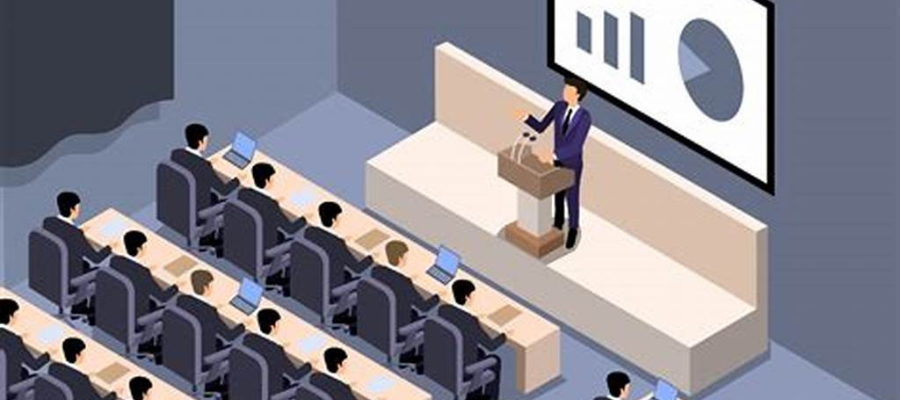Why Upskilling Is Mandatory, Not Optional, in 2025


The world in 2025 is different from the world of a few years back. The fast pace of technological advancements, the shifting requirements of the job market, and the emergence of automation have made the manner of working and learning in our careers change. In today’s fast-paced world, upskilling—learning new skills or improving the existing ones—is not only a great habit but an absolute requirement. It is no longer a choice for anyone who wishes to stay relevant, competitive, and future-proof in the workplace.
This blog discusses why upskilling is necessary in 2025, the major trends that make it a requirement, and how people and businesses can stay ahead in the fast-evolving world.
The Changing Face of Work
Technological Disruption
Artificial Intelligence, Machine Learning, blockchain, cloud computing, and automation are revolutionizing almost every sector. Things that were so sci-fi just a few years ago are now at the heart of business. The jobs of five years ago either vanished or transformed.
For example, jobs that were previously done manually by human laborers—data input, customer service, and even some medical testing—are increasingly being performed by AI systems. What this means is that employees need to unplug from low-value, repetitive work to high-value work involving critical thinking, creativity, and emotional intelligence.
Shortened Skill Lifecycles
In earlier times, you might work for a lifetime with a diploma or degree. Today, however, skills are time-sensitive—usually 2 to 5 years. What’s new today may be out of date by the time you reach the end of the next sentence. This hyper-speed demands that you keep on learning.
The Skills Explosion Economy
Employers are now no longer offering formal education or conventionally job-experienced applicants an offer. Rather, there is greater focus placed on skills-based hiring. LinkedIn and Coursera report that certifications, project portfolios, and technical skills are gaining prominence over conventional qualifications.
Gig and Freelance Economy
As the gig economy shifts to centre stage, with remote and freelance work becoming mainstreamed, individuals are only being judged on the value that they create and not on job titles. Upskilling equips freelancers and solo workers to remain in the game and build client bases.
Upskilling vs. Reskilling: Know the Difference
While both the terms are being used very interchangeably, it is important to know the difference:
Upskilling Is simply upgrading your current skills in order to do your job better or secure higher-level jobs.
Reskilling Is learning brand new skills to switch into a new profession or a new job.
By 2025, upskilling will be the source of growth and reskilling will be the source of transformation.
Key Industries Demanding Upskilling in 2025
Let us explore some of those industries where upskilling becomes the imperative today:
Information Technology (IT)
Since cybersecurity, AI, DevOps, and cloud computing have become the engines of technological innovation, IT professionals need to reskill on a periodic basis. Learning programming languages like Python, AWS specialization knowledge, or being certified as an ethical hacker are some of the common upskilling paths.
Healthcare
Telemedicine, electronic health records, and AI diagnosis have revolutionized the picture of healthcare provision. Healthcare professionals now need technical skills in addition to their clinical skills.
Finance
The fintech technologies require the professionals to be familiar with blockchain, crypto exchanges, and digital payment gateways. Finance certification is no longer sufficient.
Education
Instructors and instructors will be forced to transition to e-learning modules, computer software, and web-based modes of engagement. Pedagogy has even been altered, and instructors are forced to respond to technology-enabled teaching.
Marketing
With online marketing, analytics for data, search engine optimization, and social media promotion, marketers will need to continually adapt to please technologically competent consumers.
Why Employers Expect Continuous Learning
Employers nowadays expect their workers to be **inquiring, adaptive, and enterprising**. The majority of firms nowadays have in-house Learning & Development (L&D) programs, paid training programs, or partner with online learning sites. Having a “learner’s mindset” in 2025 is just as valuable as technical skill.
The employers are looking for those who:
- Demonstrate ongoing improvement
- Bring evidence of course work or skills certification
- Drive innovation through applying knowledge
Impacts of Not Upskilling
Not upskilling in 2025 has tangible results:
Job Security – Upon replacement of regular work by machines, job occupants without upgraded or newer skills get terminated first.
Career Stagnation – Without new skill sets, pay raises and promotion are a phenomenon unheard of.
Obsolescence – For professionals in technical industries, out-of-date skills can render even experienced professionals irrelevant.
Lower Revenue Potential – Without competitive competence, there is a direct effect on revenue, particularly in industries like technology, where best-of-class skills get paid best-of-class rates.
Preparing for Upskilling in 2025
Self-Assessment
Start by evaluating your existing skill level. Investigate where you are short between where you are and where you want to be. Websourced resources like Skill Gap Analyses or career maps can help on sites like LinkedIn Learning.
Set Clear Goals
Do you require a promotion, a new profession, or specialist skills in your profession? Your goals need to inform your upskilling strategy.
Tap Online Learning Platforms
Online courses on platforms such as Coursera, Udemy, edX, and Skillshare teach a broad array of technical, business, and creative skills. Several of them also provide certificates, which boost credibility.
Get Certified
Certificates now are the new money of the work economy. It is time to acquire credentials in:
AWS or Google Cloud (information technology professionals)
PMP (project managers)
CFA (finance professionals)
HubSpot or Google Analytics (digital marketing experts)
Webinar and Workshop Attendance
Remaining up-to-date with industry information keeps you timely and opens avenues for networking.
Being a Member of a Community
Participating in forums, groups, or Slack communities of your niche gives you peer support, knowledge transfer, and mentoring.
Applying What You Learn
Upskilling is best understood through doing it. Build side projects, volunteer for new roles, or work as a freelancer to anchor learning.
The Role of Governments and Institutions
Governments and institutions are realizing the value of upskilling. Governments in the majority of countries:
- Are funding vocational training and tech bootcamps.
- Are providing modular courses and micro-degrees.
- Are launching policy initiatives for digital literacy at scale.
By 2025, lifelong learning is gaining traction, and it has become easier for people to be able to access low-cost, flexible learning.
Upskilling Entrepreneurs and Leaders
CEOs and entrepreneurs also need to upskill. Leadership in 2025 means being data-literate, agile, and digitally savvy. Be it being adaptable to how AI impacts consumer purchases or being able to switch gears quickly by altering a business model, leaders cannot be rigid.
Upskilling leaders can be:
- Strategic digital transformation
- Managing people in hybrid environments
- Emotional intelligence and mindfulness
- Data-driven decision-making
The Psychological Effect of Lifelong Learning
In addition to career benefit, upskilling is fulfilling on a personal level. It leads to introspection, boldness, and contentment. Knowledge gives one a sense of control in a rapidly changing world.
In 2025, it’s upskill or be left behind. Workers are demanding agility, curiosity, and learning. Upskilling is not just about filling resumes with fresh skills—it’s about preparing individuals to survive disruption, becoming future-proof, and worth their weight in assets in a world where disruption is the only constant.
No matter if you’re a student, mid-career, or an entrepreneur, to embrace upskilling is to dedicate oneself to professional and personal development. There are just too many resources out there, opportunities to seize, and the cost of not doing so too steep to dismiss.
Contact Aara Consultancy for more help!
We provide 360° Solution for your Education Needs. Contact us






